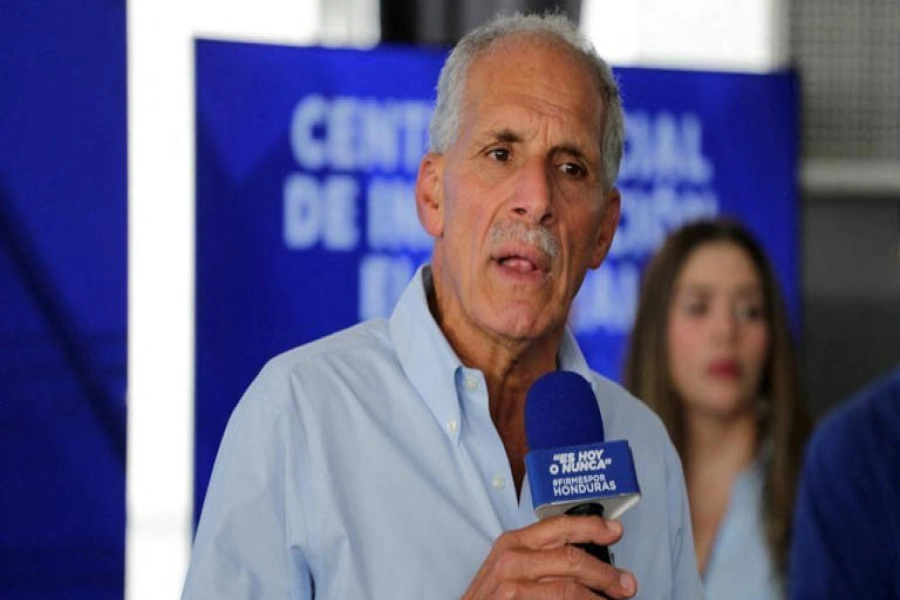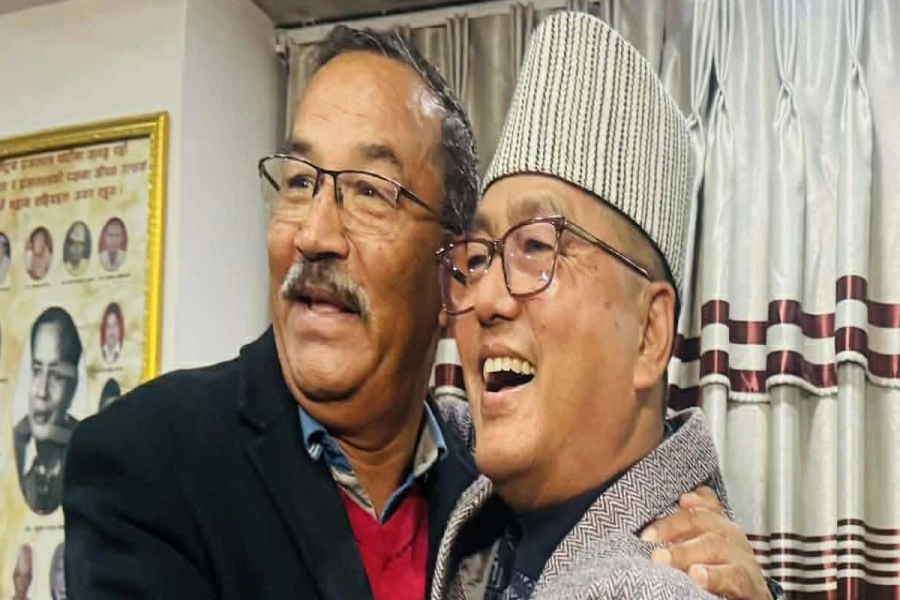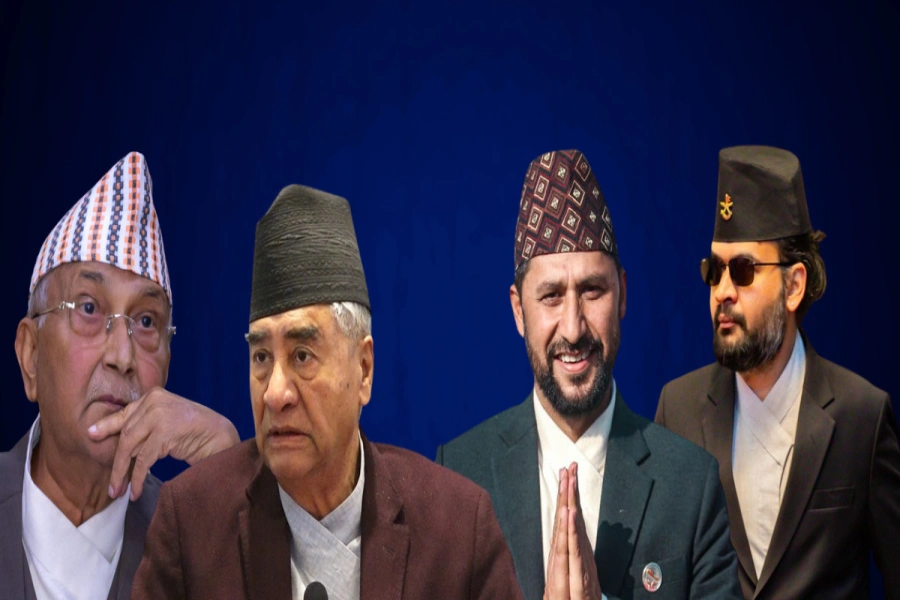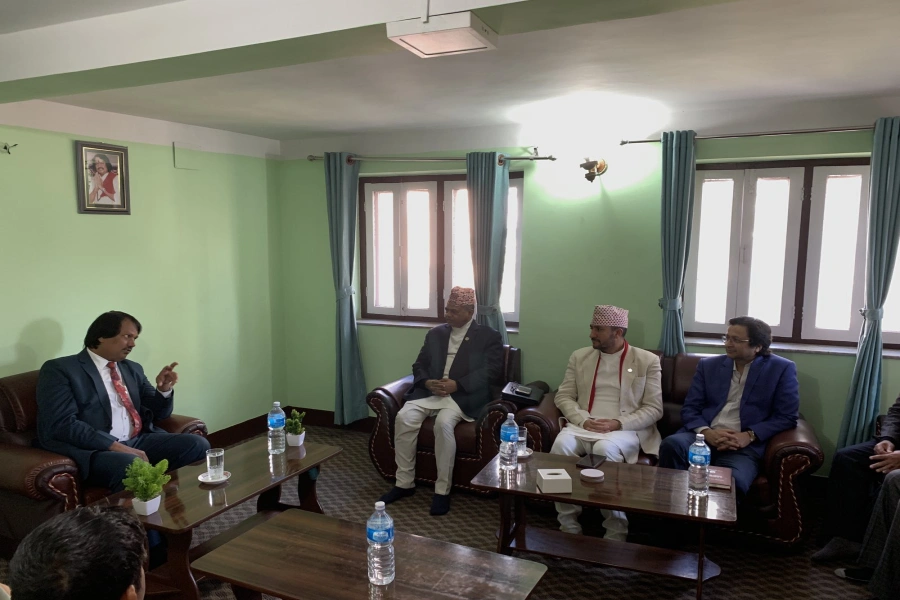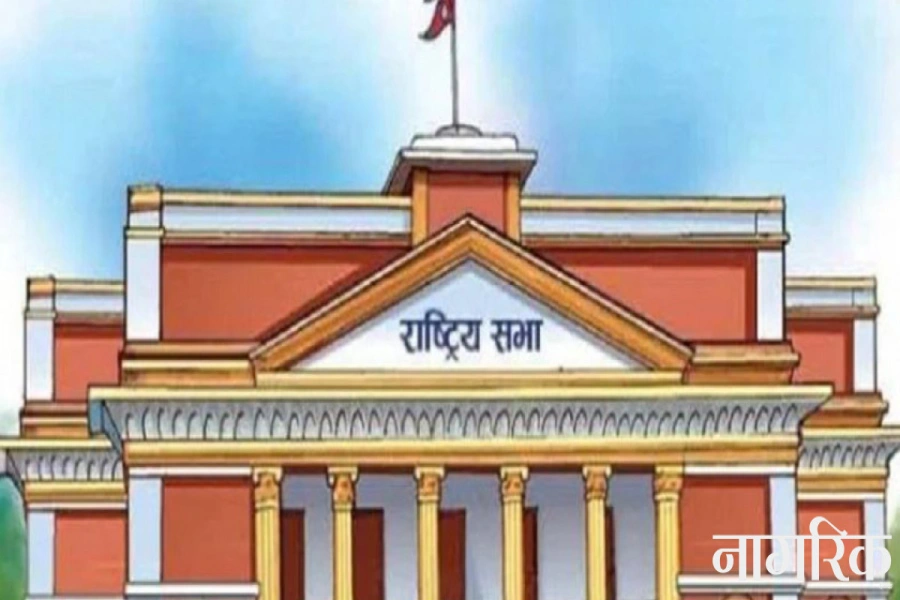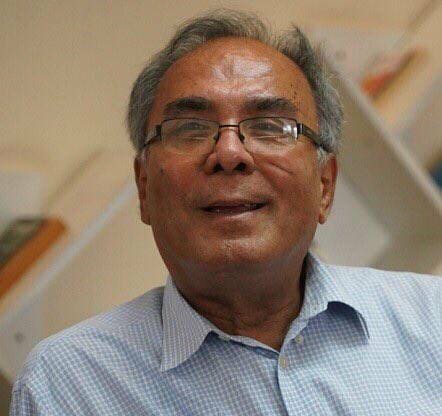As soon as the news of singer Fatteman’s demise was announced this morning (Tuesday, September 10) by Radio Sagarmatha, I phoned my younger brother, Mark, now living in Delhi.
“Your laughing partner is no more,” I said. “I thought I should inform you.”
“I’ll also call Phurba in Darjeeling and deliver this sad news,” Mark said. We remembered Fatteman (‘Phatteman’ in the 1960s/’70s) for some minutes before saying goodbye.
Before hanging up, I asked Mark again: “What were you all laughing about all the time in those days, eh?” I was repeating an old question. [break]
He gave me no clear answers this time, too, and laughed some more in mirthful remembrances of those days. I still know nothing about the causes of the guffaws, laughter, rolling on the grass, holding their bellies and thumping their chests while bursting their mirthful lungs out.
One member is missing from the laughing quartet. Beside Fatteman, Mark, and Phurbu Tshering Bhutia, the fourth stooge was Madan Pariyar, the late father of singer Sapanashree. These four heads huddled together in corners or secluded areas, stood cheek by jowl, and whispered among themselves and burst out laughing before they scattered in four directions. They regrouped, standing ear to ear, and then guffawed before breaking out in loud laughter again. This happened at Radio Nepal and the Royal Nepal Academy where we met as fellow musicians – Fatteman as a principal singer for Maestros Nati Kazi and Amber Gurung, Madan as a violinist, Phurbu as flautist, Mark as guitarist, and I as bassist.
The camaraderie among the four jesters continued, be it in the recording studios of Radio Nepal or in the rehearsal hall of the Royal Nepal Academy. I stayed aloof and took no part in the sessions of the four laughers because even Maestro Amber Gurung often looked baffled at their goings-on. A strict and no-nonsense disciplinarian in matters musical, Gurung, too, seemed to tolerate when the four “jokers” had their boisterous bouts in the stage corners or during tea and cigarette breaks.
I knew one manifestation of their closeness. Ever making each other laugh, Fatteman often took the other three to his house at Pashupati where they enjoyed excellent and potent “tharra” or “wasa” (medicine) or “tinchyu” – the traditional Newar moonshine – brewed by his family. Fatteman hosted them with Newar delicacies as well, and they drunkenly wandered all over the Mrigasthali, the Shleshmantak Forest of the Pashupatinath Temple and on the banks of the Bagmati River. Eliciting laughs from each other at every excuse, a good time was had by everyone in the gang. We knew about these happenings but not the causes.
Fatteman was eight years older than me and a decade older than Mark and Madan. Even then, the above instances show Fatteman as a youthful, fun-loving and young-at-heart man from early on. This is but one of the many memorable nuggets I have of Fatteman.
•••
Born in a high-caste Newar Rajbhandari clan of Kathmandu, Fatteman belonged to the priestly patron class of the Pashupatinath Temple where his Rajbhandari forbears had begun as bona fide Pujaris in the sanctum sanctorum of the Mandir. This background and his musical yatra are the provinces of more enlightened writers and observers; therefore, I won’t dwell upon these topics.
I met Fatteman at Radio Nepal in 1966, and we saw each other musically until 1976. During the mid-’70s, he was associated with Amber Gurung at the then Royal Nepal Academy by which time I had developed into an accidental musician for royal-command performances there and selective recording sessions at Radio Nepal. After 1976, I saw less and less of Fatteman, simply because I had left music and gone elsewhere.
Today, looking back at our fellowship of those past decades, I cannot help admiring Fatteman’s taking a liking to us from across Nepal’s borders. Remembering the fact that Radio Nepal, for instance, was almost totally dominated by Kathmandu’s Newars – Nati Kazi (Shrestha), Shiva Shanker (Manandhar), Koili Devi (Mathema), Narayan Gopal (Gurubacharya), Prem Dhoj (Pradhan), Ram Lal (Joshi), Durga Lal (his son), Pushpa Nepali (another Joshi) and his nephew Ruby Joshi, Manik Ratna (Sthapit), Indra Narayan (Manandhar), Yogesh (Vaidya), Panna Kazi (Shakya), Kamala Shrestha, Urmila Shrestha, Nirmala Shrestha, and many others. They were preceded by fellow Newars such as Setu Ram, Battu Krishna (both probably Shresthas), Ratna Das “Prakash’ (Shahi) and others. In comparison, Amber Gurung, Bachchu Kailash (Basnet), Gopal Yonzon (Tamang), Janardan Sama (Rana), Tara Devi (Thapa?), Dhruba KC, Gouri KC, Gyanu Rana, Meera Rana, and even the latter arrivals were in the minority.
Therefore, being a member of Kathmandu’s Newar fraternity of elite singers and music makers, Fatteman’s association with outsiders or “prabashi”-s like us, most especially with Amber Gurung at the Royal Nepal Academy, is a most cherished memory for me. He never displayed the typical reserve of a Newar or Kathmanduite against strangers; once affinity was established, he remained a true and familiar acquaintance.
This fact is even more remarkable from another point: When no less than an absolute ruler like King Mahendra brought to Kathmandu such Indian Nepalis as Randhir Subba (Kalimpong), Iman Singh Chemjong, Lain Singh Bangdel, Amber Gurung (all three from Darjeeling), and Hari Bhakta Katuwal (Duliajan in Assam), Nepal’s courtiers and powers-that-be and other jealous and zealot Nepali “Saput”-s looked askance at the royal decisions. They conspiratorially disapproved of the king’s actions and did their subtle best at all times to undermine the royal-command appointments as best as they could.
In such partisan and intriguing scenarios of those times, Fatteman’s friendliness toward us, those from outside Nepal, carries many humane meanings and messages; and I, for one, remain ever grateful for his cementing efforts to bind the swadeshi and bideshi Nepalis.
•••
Now, a lighthearted yarn: King Birendra’s coronation in 1975 saw a number of elephants brought from the Tarai lowlands to Kathmandu for the royal howdahs and other pomp and ceremonies. Fatteman decided to purchase one of the redundant or dispensable tuskers when the fanfares were over. The elephant allegedly cost Fatteman something like Rs. 5,000 – a cheap price for a prized and prime pachyderm but still a princely sum in those days. Therefore, much was hoped that the new owner in Fatteman would embark on a profitable commerce through the behemoth. But as a Nepali saying goes, “Hattiko mol hattile nai khanchha,” the animal soon became so unaffordable to keep that whatever income it was able generate on a day was not enough to fill even a quarter of its cavernous belly, forget about any income for the owner. The mounting loss made Fatteman frantic, needless to say, and a butt of jokes in town, much to the mirth of everyone concerned. What did he do, which he eventually managed to do, to get rid of the high-maintenance giant is something I am ignorant of.
•••
Fatteman remained a singer of hit-making caliber. One rare example should suffice. In those days, Radio Nepal had a Saturday program known as “Man Pareko Geet” hour for which listeners sent in their “farmaish” or choice of songs in stamped letters via the post office. For broadcasting this particular song recorded by Fatteman and chosen by his fans, two announcers took turns to read out the names and addresses of those “wanting to hear” listeners from all over Nepal and abroad. The three-minute song started playing as soon as the list was being announced. The reading ended after two minutes while the song had only the last stanza and refrain remaining. The listeners could hear only the less-than-a-minute portion of the popular song without voiceover.
The recent Paleti evening carried by Fatteman as its solo performer held his musical charismas to the last.
It was at Tulsi Nath Dhungel’s apartment at Putali Sadak one autumn evening in 1976, I met Fatteman after quite sometime. Tulsi Dai served us drinks and snacks and Fatteman ran his fingers on a harmonium. I remember this evening for a particular bhajan he sang. I don’t know who wrote the lyrics but the melody was composed by Nati Kazi. It began with “He Nirakar Niranjan Prabhu!” It was occasionally broadcast on Radio Nepal in its morning spiritual hour. If there is any song I most cherish from the warm heart and deep soul of Fatteman, it is this particular bhajan. I played guitar and bass in many hit songs recorded by Fatteman at Radio Nepal; this one I missed, for I had stopped playing music sometime ago and never returned to the recording studios. This was the twilight period when Fatteman and I musically parted from each other.
•••
Just one thought in passing, though: Fatteman remained with Amber Gurung at the Royal Nepal Academy for some years. Why was it not, for goodness sake, arranged to have all the songs composed by Gurung – with those wonderful verses left by Agam Singh Giri, Bhupi Sherchan, Ishwar Ballabh, Bairagi Kainla and other lyricists – which still remain in his archives, recorded by Fatteman? Fatteman had the ideal voice, the essential technique, and the gripping comprehension of music in singing those marvelous melodies.
That it did not happen is all I can say in these last words dedicated to Fatteman Rajbhandari.
Do rest in perpetual peace, our dear departed friend, and keep singing in your new abode your eternal psalm: “He Nirakar Niranjan Prabhu!”
The writer is Copy Chief at
The Week/Republica.
pjkarthak@gmail.com
Special Court acquits former DG of Department of Irrigation Raj...



